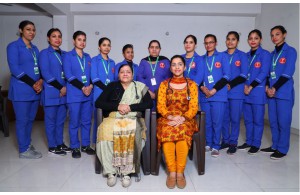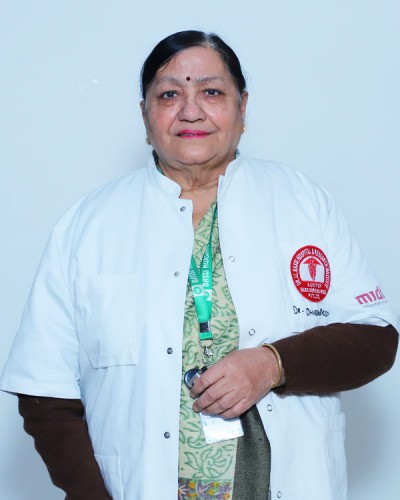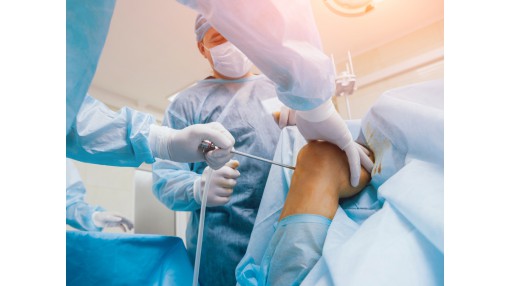Obstetrics
Obstetrics specifically deals with the welfare of the pregnant woman and her baby. During pregnancy a number of complications can arise such as ectopic pregnancy, which is a condition where the embryo is in a fallopian tube, fetal distress caused by compression , problems with the placenta or high blood pressure which can be a forerunner of a serious illness called pre-eclampsia.
The obstetrician is trained in these and many other complications of childbirth and ensures both mother and baby are safely guided through all of the phases of pregnancy and childbirth. Whether the baby is delivered vaginally or through a planned or emergency caesarian section an obstetrician is trained to handle any change that is presented during the natural, but sometimes complex process of childbirth.
Following delivery, an obstetrician is focused on the health of the mother and child ensuring that both make the transition into routine daily life without the deadly complications that were commonplace a hundred years ago and unfortunately are still occurring in third world countries.
The medical specialty of obstetrics has made pregnancy and childbirth a life changing event to be embraced with confidence knowing that modern medicine has made the process safe and predictable.
Gynecology
While most gynecologists are also obstetricians, the field of gynecology focuses on all other aspects of a woman’s reproductive health from the onset of puberty through menopause and beyond.
Women see their gynecologist for their annual Pap test and pelvic exam. Other reasons a woman would see her gynecologist are for infections or any pain or discomfort in the uterus, genitals or breasts. Gynecologists also assist with infertility issues and contraception.
Gynecology diagnoses and treats diseases of the reproductive organs including cancer of the ovaries, uterus, cervix, vagina and fallopian tubes. A gynecologist also treats prolapse of the pelvic organs. This is a condition usually present in postmenopausal women with weakened pelvic muscles that cannot support the uterus or bladder properly.
Other diseases treated are yeast and bacterial infections, irregular and painful menstruation, painful intercourse and other diseases related to menopause which may require surgery.
Surgical procedures
Gynecology encompasses specific surgical procedures related to female reproductive organs. The most common procedures are:
- Tubal ligation – a permanent form of birth control
- Hysterectomy- removal of the uterus
- Oophorectomy – removal of the ovaries
- Salpingectomy – removal of the fallopian tubes
- Cone biopsy -remove precancerous cells in the cervix identified during a pap test








